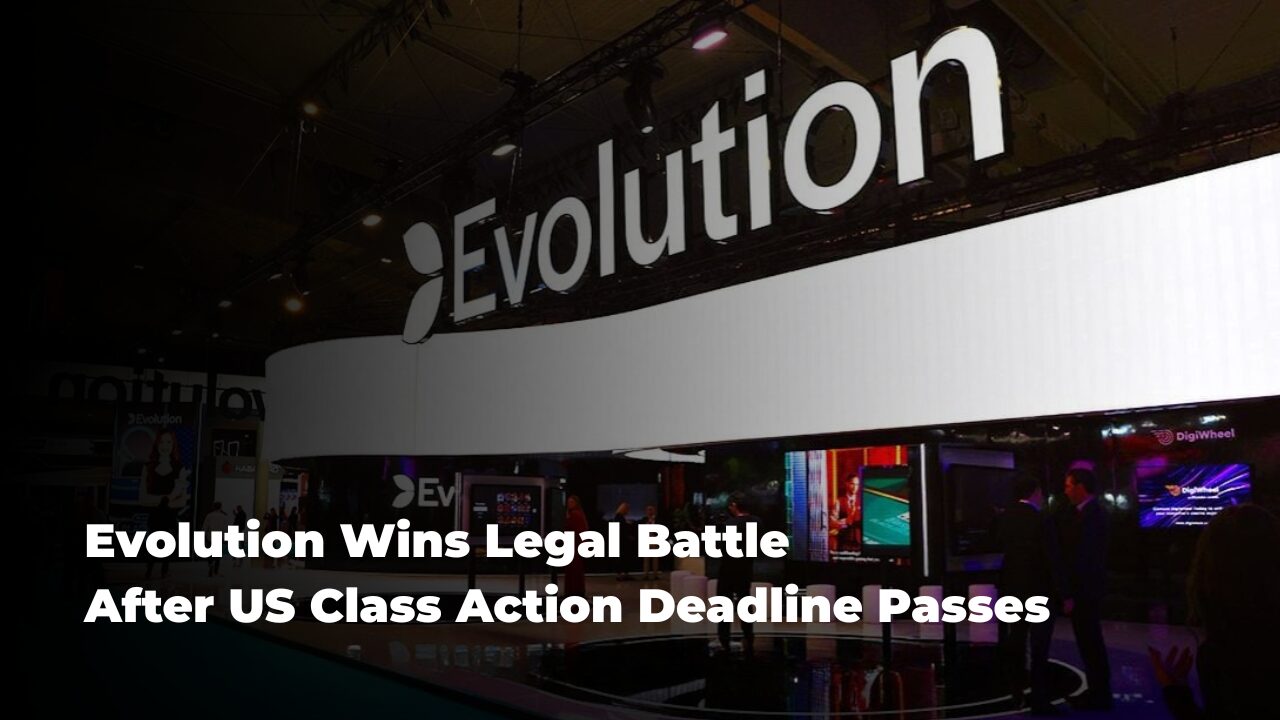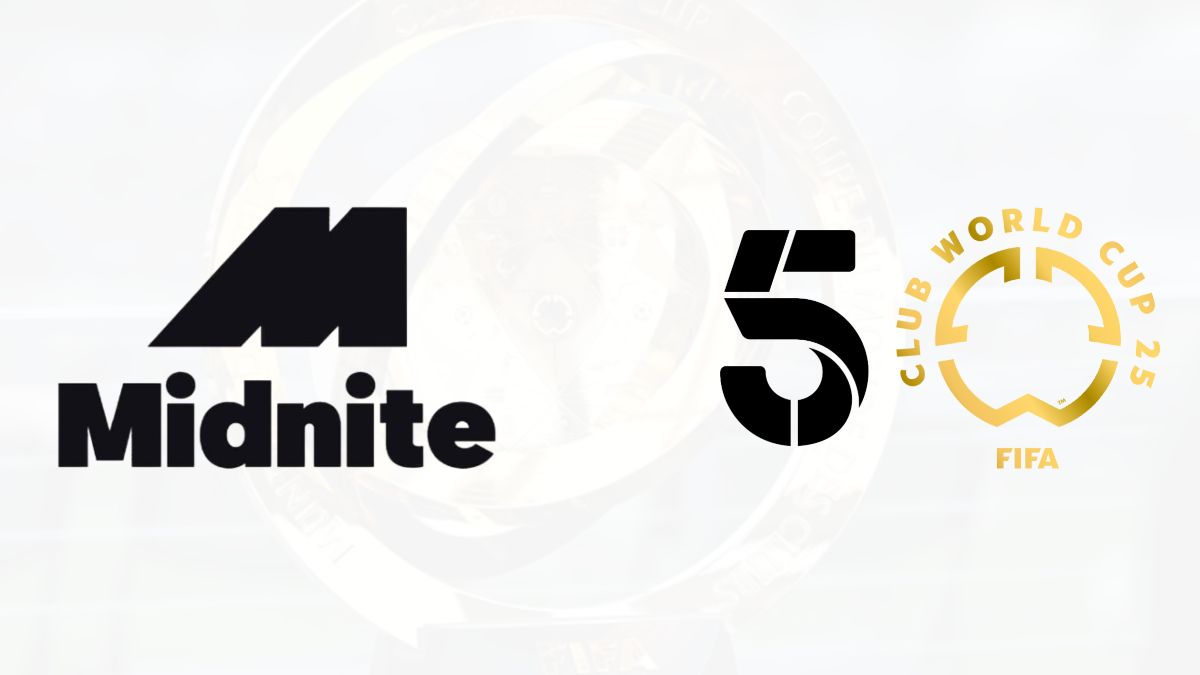Evolution achieved victory in America when investors failed to appeal a dismissed securities fraud case. Sonja Lindenberg and Zak Thomas-Akoo report. A Pennsylvania federal court threw out the lawsuit on 5 September. The case targeted investors who bought unsponsored American Depository Receipts (ADRs) connected to Evolution’s Stockholm shares. Thirty days passed without any appeal filing. The lengthy legal battle reached its end.
Investors filed their complaint in the US District Court for the Eastern District of Pennsylvania. They claimed Evolution CEO Martin Carlesund and former CFO Jacob Kaplan deceived them about company growth and customer compliance from 2019 to 2023. The court had already cleared Carlesund and Kaplan in April. Evolution remained the sole defendant.
Clear Corporate Separation
Shareholders insisted that the US securities law should apply to Evolution. They believed American subsidiaries functioned as the Swedish company’s “alter egos”. Judge Mia Roberts Perez disagreed after examining jurisdictional evidence for months. She determined Evolution AB keeps “clear corporate separation” from US units. “Each subsidiary incorporates separately and runs its own facilities in respective jurisdictions. They hire their own workers and maintain independent management teams. No officers or employees have overlapped with Evolution AB since 2019,” she stated.
“Subsidiaries manage operational, administrative and commercial tasks independently. This includes studios, marketing, legal, compliance and finance departments. They sign customer contracts directly. “The structure, plus the absence of shared personnel, proves Evolution AB lacks daily control. The alter-ego standard requires such control,” she explained. The judge recognised that only standard parent-subsidiary connections exist.
Lack of Jurisdiction
The court dismissed everything due to a lack of personal jurisdiction. This permanently closed the case. Judge Perez observed that the plaintiffs couldn’t prove court authority over the Swedish holding company. Pennsylvania courts couldn’t hear claims against it. Investors also failed to connect their complaints to Evolution’s three Pennsylvania-based subsidiaries. The plaintiffs bought unsponsored ADRs. US financial institutions create these certificates so Americans can trade foreign shares without company participation. Evolution never authorised these ADRs. The court ruled subsidiary operations don’t create jurisdiction for the parent company.
Another Win
Oklahoma firm Federman & Sherwood filed this case in January 2024. The gaming and financial industries watched closely. The class action mentioned a 2022 Alpha Generation Limited report. Select investors received this document claiming Evolution’s revenue faced regulatory risks. It suggested the company earned money from potentially illegal gambling. Evolution’s ADRs dropped roughly 15% after the report.
Evolution CEO Martin Carlesund spoke to NEXT.io about the appeal deadline expiring. He called it “another win” for his company. New Jersey’s Supreme Court delivered a separate victory to Evolution. Justices upheld an order forcing private intelligence firm Black Cube to reveal its mystery client from 2021. The ruling ends Evolution’s five-year search for whoever commissioned the 2021 “prohibited markets” report. That report temporarily erased billions from Evolution’s value. New Jersey’s Division of Gaming Enforcement (DGE) and other regulators later declared it baseless.

 Companies
Companies 





